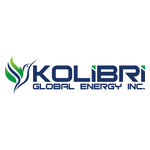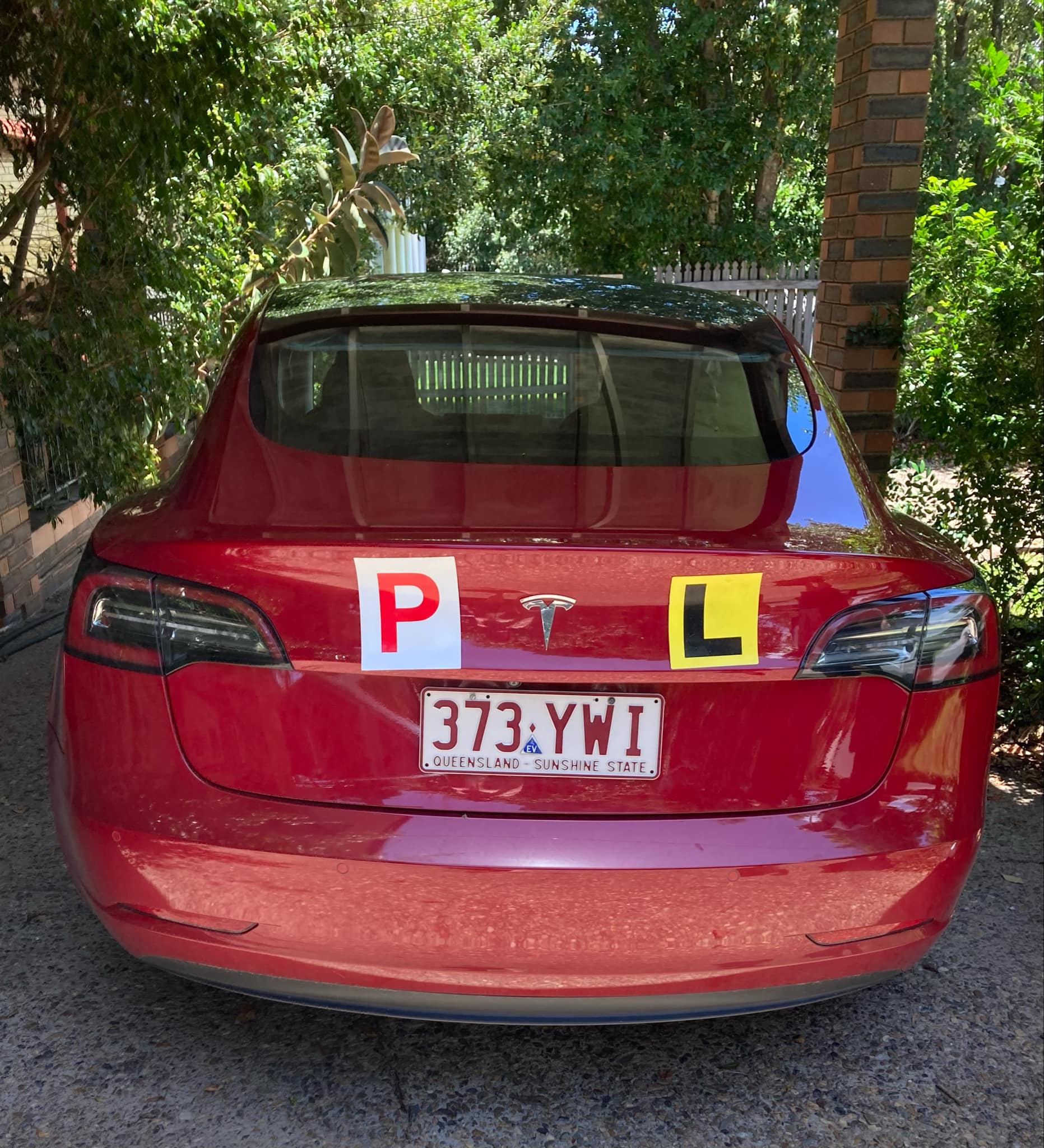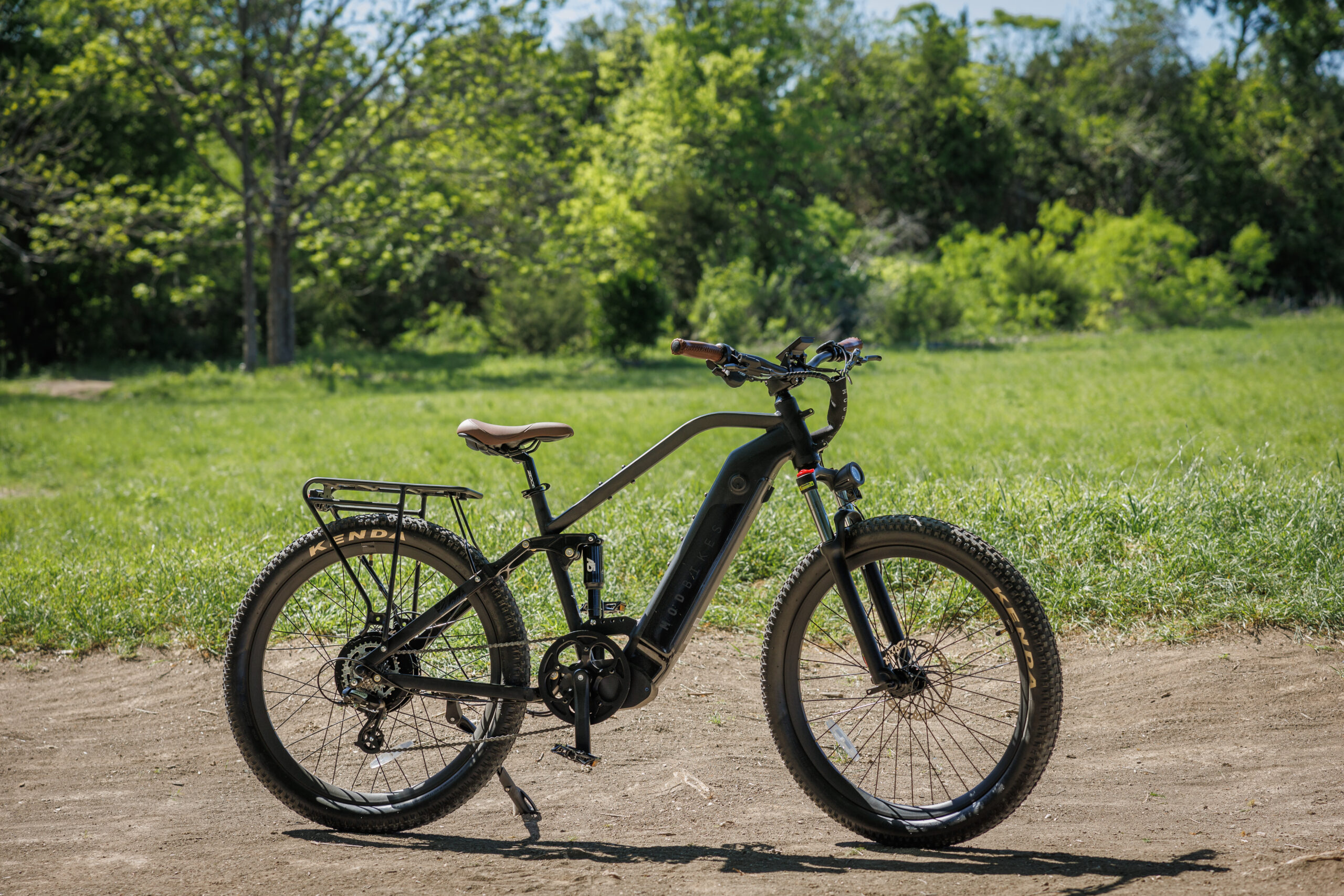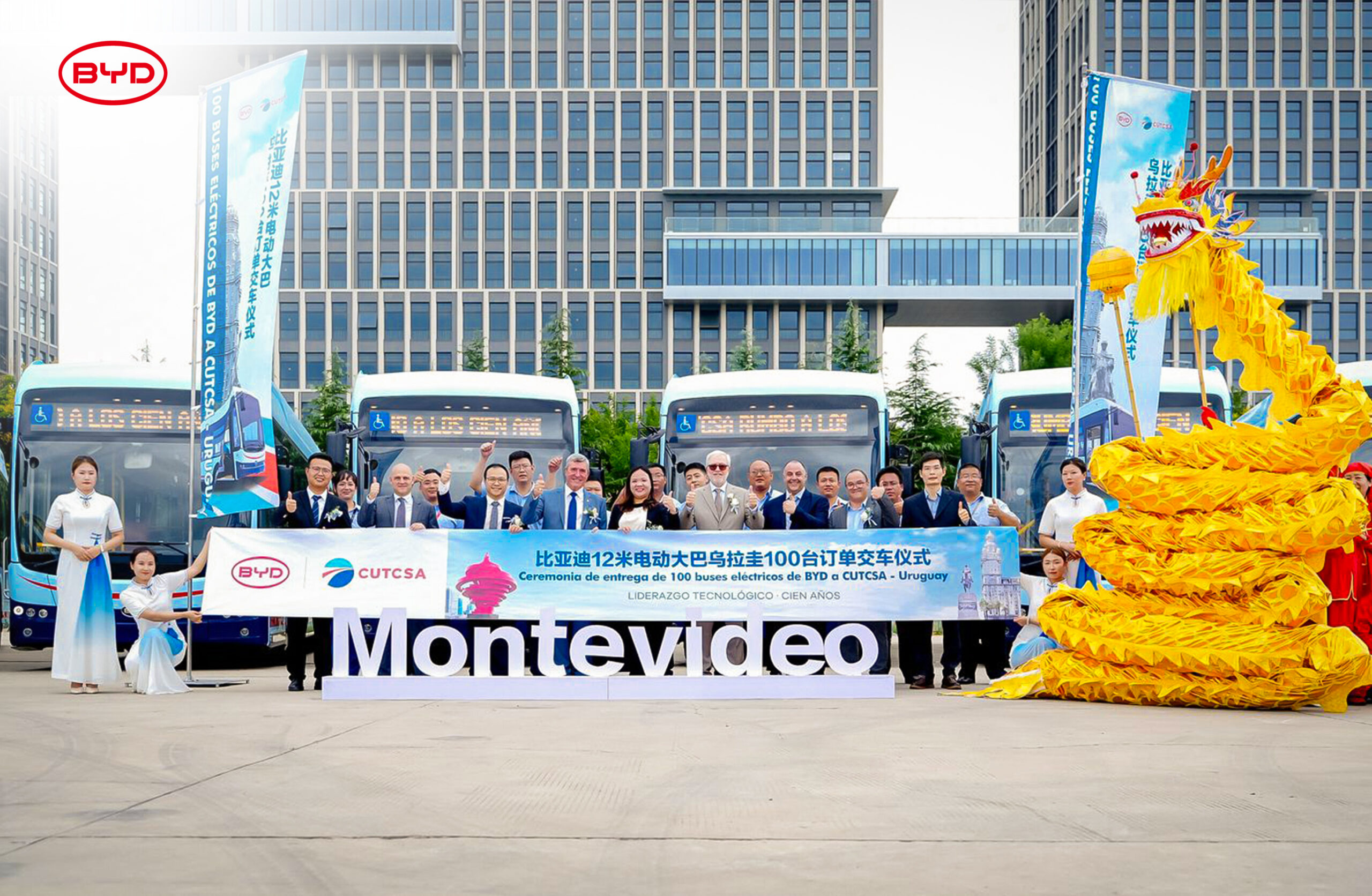Sign up for daily news updates from CleanTechnica on email. Or follow us on Google News!
The US automotive startups Tesla and Nikola seemed to have a headstart on the zero emission truck market in the US just a few years ago, with a focus on Class 8 heavy duty electric trucks. Well, that was then. Now legacy truck makers are also crowding into the field. New names are also popping up, with the new brand ZM Trucks among those seeking to make a mark in the US.
ZM Electric Trucks For The US Market
ZM Trucks bills itself as the West-facing branch of the Japan-originated firm ZO Motors, which is a wholly owned subsidiary of the Hong Kong-traded conglomerate ZO Future Group. In January, ZO Motors announced a strategic agreement with the Chinese firm Weichai Commercial Vehicle New Energy Co. in support of its interest in the US truck market and elsewhere.
The brand ZM is new, but it leverages some familiar names through its parent company. “The ZO Motors team is composed of senior management professionals from globally renowned automotive companies and high-tech industries, including Tesla, Volvo, Toyota, Ford, and Rivian,” the company explained in a press statement dated January 16.
ZM is casting a wide net for the US market. It has introduced battery-electric vehicles in Class 4 and Class 6 as well as the full sized ZM22 Class 8 truck.
The company also mentions a scaled-down “baby 8” electric vehicle. Trucks in the baby 8 category are smaller than full sized Class 8 trucks, and they typically eschew sleeping compartments and other add-ons.
CleanTechnica is reaching out to ZM for some insights into the baby 8 angle. We’re guessing it’s partly a response to the looming truck driver shortage in the US, with the idea that the available pool of talent is more attracted to short haul day-driving rather than roving far from home.
That remains to be seen. Either way, ZM is not taking any chances with zero emission technology. Instead of relying only on sales of its battery-electric lineup, the company is also offering hydrogen fuel cell versions of its Class 6 and ZM22 Class 8 trucks.
Maybe Smaller Is Better
ZM may be on to something with the strategy of offering smaller work vehicles instead of focusing exclusively on Class 8 trucks. Other automakers have also eyeballed green gold in delivery vans and other aspects of the fleet electrification market.
Ford, for example, introduced the new E-Transit electric van in 2022. The company issued a Q1 2024 report last month, noting that “The Ford E-Transit was America’s best-selling electric van on sales of 2,891 — up 148 percent over Q1 last year.”
“It was the best-ever sales quarter for E-Transit since it went on sale in 2022,” Ford added.
New names in the electric commercial vehicle market also seem to be doing well. Earlier today, the California truck maker Harbinger announced that it has compiled 4,000 binding pre-orders for a total of $400 million. Customers include such luminaries as the US branch of the world’s largest baking company, and the worlds’ largest RV manufacturer.
In an interesting twist, the transportation operator Mail Management Services is among those placing orders, which complements the US Postal Service’s slow-starting but improving fleet electrification effort.
More Full-Sized Class 8 Electric Trucks Are Coming To The USA
As for full-sized Class 8 trucks, Daimler got a quick start in 2022 with the launch of its eCascadia truck, but now Toyota has taken the gloves off. Back in 2020 the company seemed bent on entering the US market with a fuel cell truck through its Hino branch. That hasn’t materialized yet, but last week Hino one-upped itself with the unveiling of the new Class 8 Tern battery-electric truck in partnership with the Norwegian firm Hexagon Purus. US production is slated to begin later this year at Hino’s manufacturing plant in Texas.
Not to be outdone, on May 20 the New Jersey firm Lion Electric Company introduced its new all-electric Class8 Lion8 Tractor, which is also expected to hit the market later this year.
The competition notwithstanding, Lion Electric is already billing the Lion8 Tractor as “the industry frontrunner with the highest gross combination weight rating (GCWR) in the EV truck sector, boasting up to 127,000 lb.”
The Lion8 is equipped with vehicle-to-grid compatibility, which is a significant benefit of electrification.
“With a battery capacity of up to 630 kWh (Lion’s Heavy-Duty battery packs), providing a range of up to 275 miles (440 kilometers), the Lion8 Tractor is meticulously designed for both power and endurance,” the company adds. “Charging to 80% SOC (state of charge) at max power can be accomplished in approximately 1.5 hours, ensuring maximum productivity.”
What About Class 8 Fuel Cell Electric Trucks?
Yes, what about them? Just a couple of years ago the US fuel cell truck startup Nikola seemed ready for its final curtain call, but lately things have been looking up. In the latest news, Nikola received an order for 100 of its Class 8 fuel cell electric trucks, to be delivered in 2025.
Though 100 trucks is not a particularly spectacular figure, it does put the company within range of competition in the fuel cell space. Hyundai, for example, launched its XCIENT Class 8 fuel cell truck in the US in 2022, with a $3.5 million assist from the US Environmental Protection Agency. The funding provided for five of Hyundai’s fuel cell electric trucks to hit the road in California. Hyundai has also partnered with the firm Plus to demonstrate an autonomous Class 8 fuel cell truck this year.
The only other Class 8 fuel cell truck we could spot in the works for the US market is a concept model introduced by Honda last week. No word yet on the production schedule.
One Electric Truck To Rule Them All…Or Not
Decarbonization fans had high hopes for a quick transition to electric trucks when Tesla unveiled a prototype battery-electric Class 8 truck in 2017. Industry leader PepsiCo was among the first to hop on board, placing an order for 100 trucks that same year.
The Tesla Semi went into production in 2022. However, on April 19 of this year, Reuters reported that PepsiCo has only received 36 trucks so far.
“Other would-be Tesla customers including food distributor Sysco, UPS and Walmart Canada continue to wait for Tesla Semi trucks and are turning to rival electric-truck makers,” observed Reuters reporter Jessica DiNapoli.
“Tesla had said it would have the Semi in production by 2019,” DiNapoli added. She also noted that in 2022, Musk told investors that Tesla would make 50,000 Tesla Semi electric trucks in 2024.
Follow me @tinamcasey on Bluesky, Threads, Instagram, and LinkedIn.
Photo: The new ZM8 electric truck from ZM Trucks comes in battery and fuel cell versions (courtesy of ZM trucks via prnewswire.com).
Have a tip for CleanTechnica? Want to advertise? Want to suggest a guest for our CleanTech Talk podcast? Contact us here.
Latest CleanTechnica.TV Videos
CleanTechnica uses affiliate links. See our policy here.





